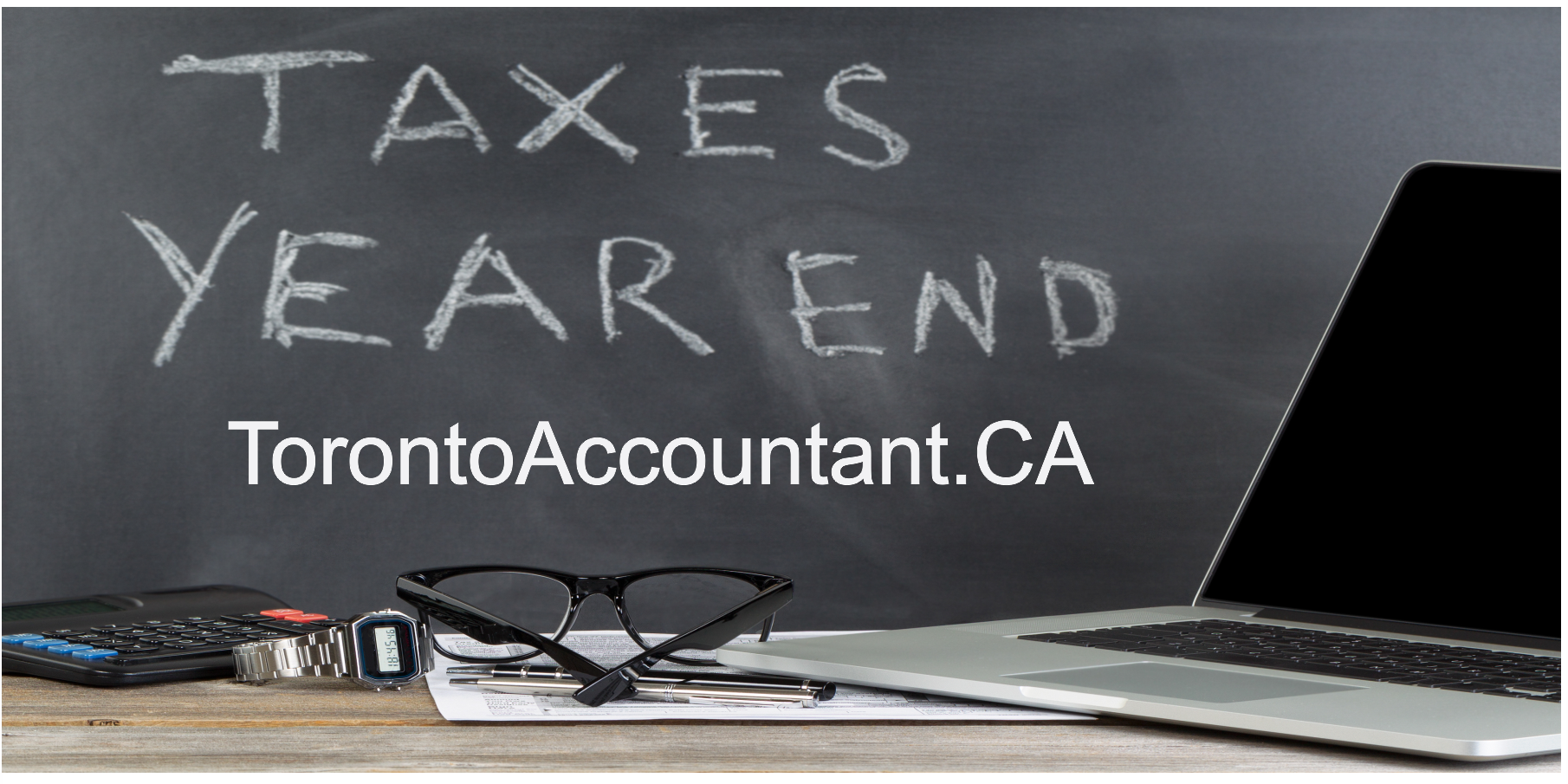Although we are entering into the holiday season most people don’t even want to think about the fact that it’s the year end coming up and this means its time to get ready for the tax season. What you may not want to think about is that is important that you do give consideration to some important aspects of it that may be applicable to you.
Your charitable donations:
The holiday season is also a time for giving and this can coincide with your tax savings as you will want to claim these that you have made not only now but throughout the 2016 tax year when you are doing your taxes. What you may not be aware of is that you may be eligible for the first time donors super credit and this is a one that you may want to take advantage of. Remember that the first $1,000 donations in cash is what will qualify you for next or 25% credit. What you need to be aware of is that neither you nor your spouse could have claimed a donation credit since 2017.
Date watching:
Another thing that you really want to pay attention to is watch your dates. This is particularly important for those that have moved into the province during the tax year. This is something that you are definitely going to want to speak to your accountant about to determine which province’s tax rates are going to be applicable to you.
TFSA withdrawals:
If you are going to make any withdrawals from your TFSA you really will want to do this before the end of the year. This way it will give you a chance to replace any of the amounts that you’re withdrawing in the year 2017.
Investment losses:
For those that are into investments you may want to take a look at selling to enhance your tax losses. Again this can be a complex area of the tax system and something that you may want to discuss with your accountant as quickly as possible.
Student awareness:
Students need to also be on their toes when it comes to potential tax credits for them. This will be the last year that claims can be made for the textbook and education tax credits. However, the good news is that you do not have to start repaying your student loans are until at a place where you are earning a minimum of $25,000 remember though that this is only applicable to Canada student loans.







